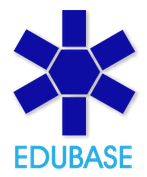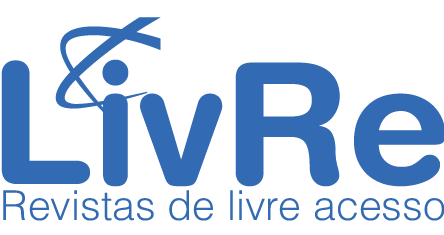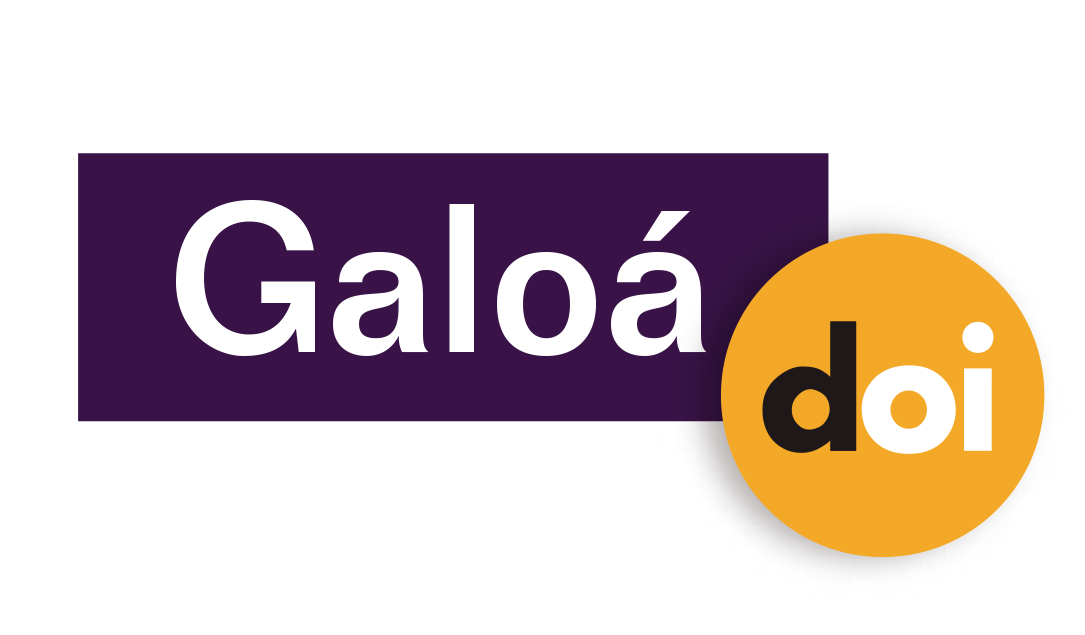The teaching participation in curricular elaboration processes: Paulo Freire's democratic experience in São Paulo
Resumo
Background: The Curriculum Reorientation Movement proposed by educator Paulo Freire and carried out in the city of São Paulo, from 1989 to 1992, when he was secretary of education, was an educational management experience that, by developing a public policy for the production of curriculum documents for primary schools, recognized the key position of the teacher's work at school and moved it to the center of the discussion process, inaugurating a dynamic of dialogue and reflection that had not been experienced so far. Objective: To think and discuss about which has been the place for teaching work in the curricular policies, as well as its effects on the teaching profession and identity. Design: a part of a research already completed, for which documents, interviews and the analysis of the relevant bibliography were taken as the basis for taking and analyzing data from the investigated process. The documents are all those prepared by the management to conduct the curriculum policy in question; Among the interviewees, a small group composed of different actors involved in the curriculum reorientation process (manager, specialist technician, pedagogical advisor and teacher) was used to compose a panel of points of view of the different subjects responsible for the formulation, mediation and execution curriculum policies in schools; and by the bibliographical research. Setting and participants: Although the interviews do not explicitly constitute the cut that originated this text, some of the curricular policy makers and also mathematics teachers who worked in public schools in São Paulo at the time were interviewed. Data collection and analysis: The documents analyzed were obtained from the Memory Center of the Municipal Education Department of São Paulo. The analysis allowed us to identify a set of documents that led to curriculum reorganization. We identified, in documents, interviews and bibliographical research, how teachers participated in the curriculum development process. Results: The “non-place” given to teaching work in the prescriptive curricular policies, such as the BNCC, actively produces the teaching work as fragile, inconsistent, ineffective, and inefficient, weakening it and favoring its deprofessionalization. This weakening of the teaching work, actively produced, is used, as in a cycle, to justify more centralized, more prescriptive, and more authoritarian curricular policies. Conclusion: a democratic experience in curriculum policy can reaffirm the autonomy, authority and otherness of teachers. Freire's curriculum policy, despite its limits and obstacles, presented itself as capable of promoting and expanding the spaces for its collective and authorial participation and construction.
Palavras-chave
DOI: https://doi.org/10.17648/acta.scientiae.6477
Apontamentos
- Não há apontamentos.
Direitos autorais 2021 Júlio César Valle, Vinício de Macedo Santos

Esta obra está licenciada sob uma licença Creative Commons Atribuição 4.0 Internacional.
ANÚNCIOS
Informamos que, a partir de março de 2026, está reaberto o aceite de submissões.
Mais, informamos que sites fraudulentos, https://periodicos-ulbrabr.org e https://periodicos-ulbrabra.org, estiveram se passando pela Acta Scientiae, utilizando nosso nome e identidade visual e até solicitado taxas de APC, que nós não cobramos. Aconselhamos cautela para evitar serem enganados por sites semelhantes.
Conceito A2 na Capes(2021)
Índice h5 do Google Scholar: 13
Índice mediana h5 do Google Scholar:24
eISSN: 2178-7727
Indexações:
A Acta Scientiae é indexada em: | Scopus |  | Latindex |  | Edubase (SBU/UNICAMP) |
 | Sumarios.org |  | Google Scholar |  | Portal LivRe (CNEM) |
 | Journals for Free |  | REDIB |  | Galoá DOI |

Todos os trabalhos publicados aqui estão sob uma licença Creative Commons - Atribuição 4.0 Internacional.
